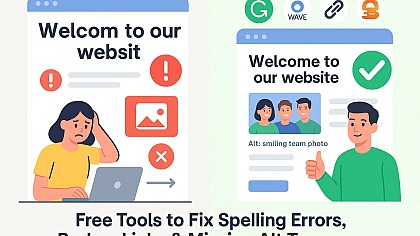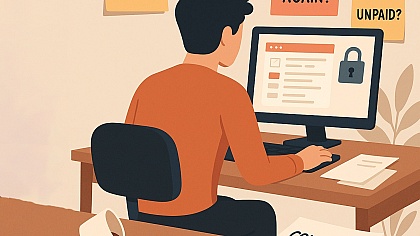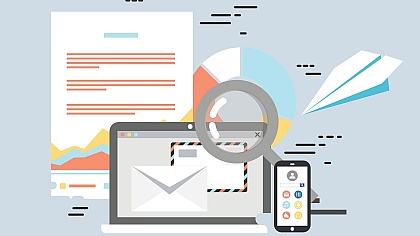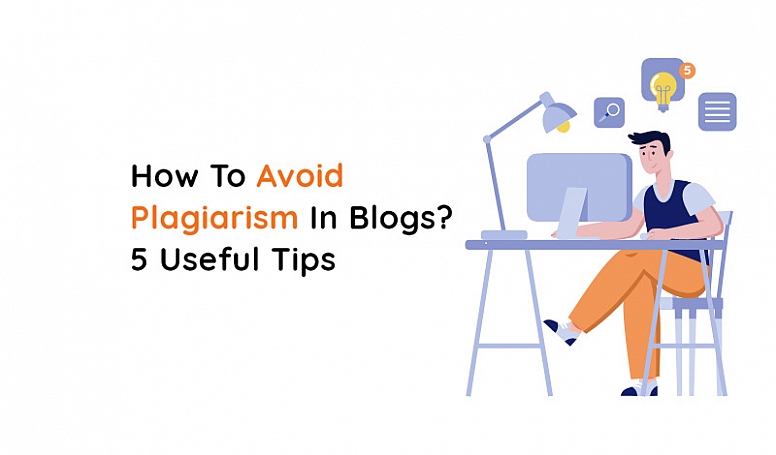
How to Avoid Plagiarism in Blogs? 5 Useful Tips
Plagiarism is terrible for SEO, and websites featuring plagiarized content may face penalties. These penalties can include anything from temporary to permanent penalization of a source for publishing content online.
Websites featuring plagiarized content may rank for a short while. However, eventually, they'll disappear from search engine result pages once the algorithm performs its duty.
Besides search engine penalties, you also have to consider your reputation. Posting plagiarized content can demolish your reputation. Thus, people may not consider your website a credible source of information.
Therefore, publishing plagiarized content can bring down all your efforts to nothing, and you may have to start from scratch. To make sure that never happens, we have featured some valuable tips on how to avoid plagiarism in blog writing.
Why Should You Avoid Plagiarism in a Blog?
Plagiarized content may get penalized by search engines and affect your blog rankings in SERPs. This limitation can prevent you from reaching the targeted audience.
Therefore, bloggers should remove plagiarism from their content to maintain a better position in SERPs.
Other than search engine penalties, there are several consequences of featuring plagiarized content, as mentioned below:
- Duplicating content from another website is a form of theft. By taking someone else's words and ideas, you are stealing an identity, making you a perpetrator of identity theft.
- If your website features plagiarized content from a protected source under copyright, it can land you in a lawsuit. Besides getting penalized for content publishing, you may have to pay hefty fines or serve jail time.
- Plagiarized content ruins the reputation of a source from the perspective of its visitors. Unique content gets more value from the audience as people tend to share credible information, providing a better reach to the targeted audience.
- Plagiarized content imposes no sense of creativity. Even if a specific portion of your blog is plagiarized, it'll put a question mark on the quality of the whole article.
5 Useful Tips to Avoid Plagiarism
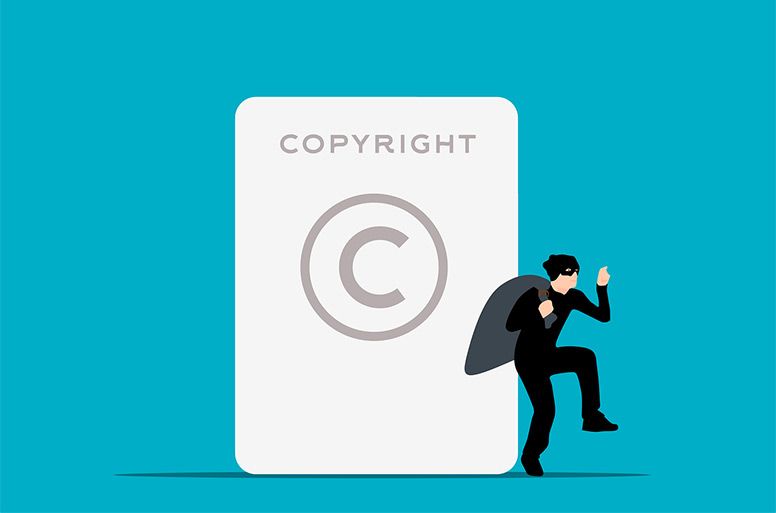
1. Brainstorm Ideas
The natural way to avoid plagiarism in your content is by expressing your thoughts in words. Therefore, to have sufficient knowledge about something, you have to take enough time to brainstorm new ideas.
If you have to meet a deadline, it's recommended to start earlier so you can perform in-depth research from various resources.
Moreover, speaking of resources, you have to expand your area of research to multiple platforms following the same topic as yours.
The best method is to devote a specific time slot to research so you can study the topic within the specified time.
You have to divide your time slots for organizing your thoughts, researching, and content creation.
Creating content while a deadline is approaching can cause problems. As there is a famous saying, "haste makes waste", you may commit to duplicating the content due to a lack of time.
2. Read as Much as You Can
As mentioned earlier, timely and thorough research is fundamental. Since blog posts focus more on featuring written content, you must read various writings.
If you're relying on a single source, your ideas are limited to a specific boundary, ultimately leading you to unintentional plagiarism.
It’s a good habit to check plagiarism at this stage, as it helps you stay clear of accidental duplication.
Expanding your circle to more than one resource provides more material to mention in your blog.
Reading information from various resources can also verify its authenticity. It's not wise to publish something on your blog that's not authentic or credible.
Thorough reading will allow you to understand a topic better and combine various ideas to create a unique concept.
In this way, you can create plagiarism-free articles that add value to the audience's questions.
3. Use a Plagiarism Checking Tool
Creating your article might be possible, but knowing if it is unique from others or not is nearly impossible.
Since you have researched and read material from other sources, there is little chance that your content has been plagiarized.
To make sure, you can use a plagiarism checker. Online plagiarism-checking tools provide a comprehensive report on unique and duplicated content in your writing.
Using this tool, you can have the confidence to publish your work online if it is unique from others.
Another advantage of an AI plagiarism-checking tool is that it highlights the plagiarized content. This feature makes it convenient for bloggers to recognize and remove plagiarism from their content.
4. Follow the Paraphrase Technique
Paraphrasing is the best method to avoid plagiarism in your blogging content. It is an essential skill for every writer as it tests his or her reading and writing abilities.
This technique can be implemented in your research material for your blog's topic. For suitable paraphrasing, you need to understand a topic properly.
The researched topics should be relevant to your blog's case with a comprehensive explanation of concepts.
Read the idea from a source as many times as possible and then present it in your own words.
In my own words, it doesn't mean changing the sentence order would do the job. However, you may have to replace the specific terms with their synonyms to maintain their unique relevance.
5. Add Citations and Quotations
If the paraphrasing technique does not seem suitable to follow, you add the original lines by adding them in quotation marks with citations.
Next to the quoted text, the author's name is usually mentioned, but you can also add the name of the source or site.
Copying original information and giving credit to its original author through citation will not land you in trouble for plagiarism. Remember that you have to mention the source of the quoted text as a reference.
Some ethical issues should be considered when mentioning quotations in your content. You cannot feature long paragraphs and then quote them with a reference. A quote should not exceed one or two lines.
Poor writing skills can lead you to unintentional plagiarism. It is ideal for writers to learn effective writing techniques to avoid plagiarism. A good writer can produce their voice in the form of words by presenting their thoughts.
As for blog writers, they have to focus on views, authenticity, and trending topics. Moreover, they have to perform as readers and understand the perspective of the targeted audience.








